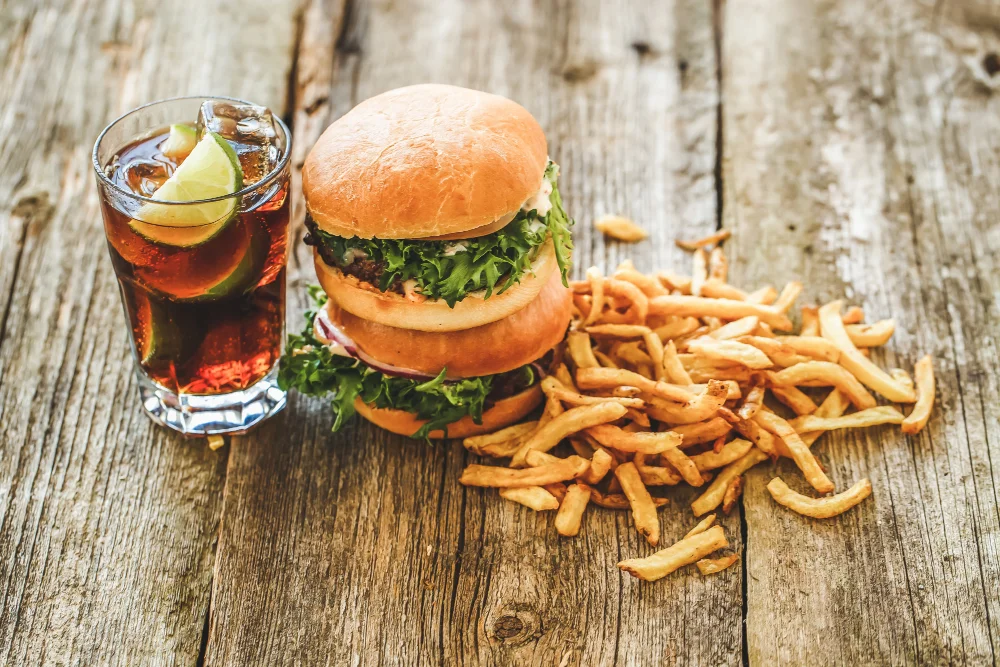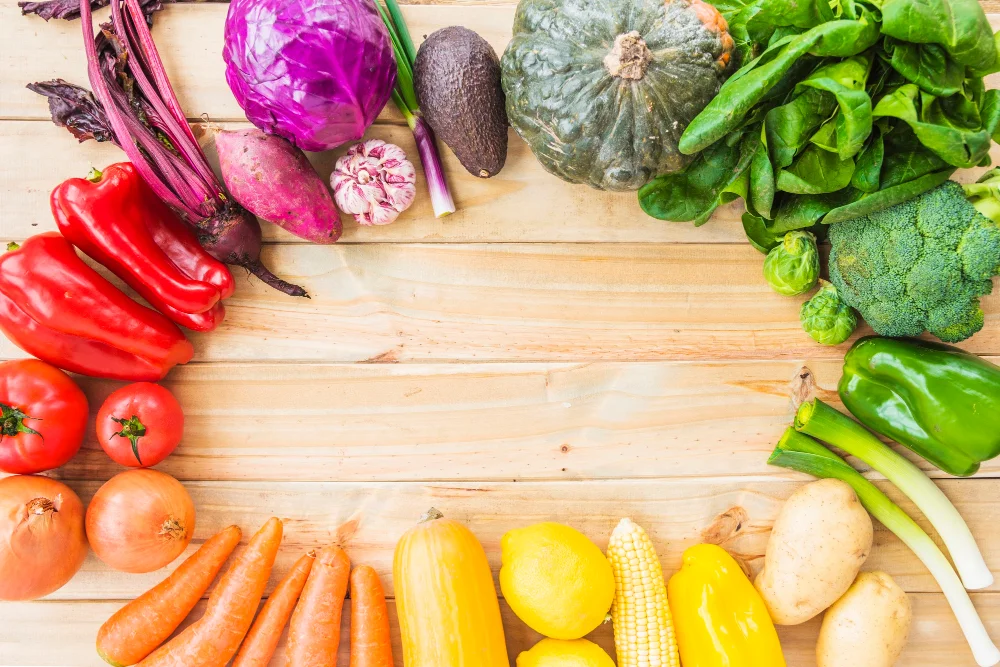
Introduction
If you’re one of the many people who have tried to lose weight by changing your diet but haven’t seen the results you were hoping for, you’re not alone. Despite the abundance of information and resources available on healthy eating, weight loss remains a challenge for many. In this article, we’ll explore the real reasons your diet may not be working and what you can do about it.
The Importance of Diet for Weight Loss
Before we dive into the reasons why your diet may not be working, let’s first establish why diet is so important for weight loss. While exercise is certainly beneficial for overall health and fitness, research has consistently shown that weight loss is primarily achieved through a calorie deficit, which means burning more calories than you consume. This can be accomplished through a combination of dietary changes and physical activity, but it’s important to remember that diet plays a more significant role in weight loss than exercise alone.
The Real Reason Your Diet Isn’t Working
- Lack of calorie deficit
The most fundamental reason why your diet may not be working is that you’re simply not consuming fewer calories than you’re burning. While it’s true that everyone’s caloric needs are different, weight loss typically requires a sustained calorie deficit of around 500-1000 calories per day. If you’re not tracking your food intake and exercise, it’s easy to overestimate how much you’re burning and underestimate how much you’re consuming.
- Inadequate protein intake
Protein is an essential nutrient that plays a crucial role in maintaining muscle mass, promoting satiety, and supporting metabolic function. If your diet is lacking in protein, you may find it difficult to feel full and satisfied after meals, which can lead to overeating and weight gain. Research has also shown that increasing protein intake can boost metabolism and help preserve muscle mass during weight loss.
- Poor food quality
Not all calories are created equal, and the quality of the food you’re consuming can have a significant impact on your weight loss efforts. Processed foods, refined carbohydrates, and added sugars are often high in calories and low in nutrients, making it difficult to achieve a calorie deficit without feeling hungry or deprived. In contrast, whole, nutrient-dense foods like fruits, vegetables, whole grains, and lean proteins can help you feel full and satisfied while providing the vitamins and minerals your body needs.
Read: Transform Your Body in Just 30 Days with this Revolutionary Diet Plan!

- Insufficient sleep
It may seem counterintuitive, but the amount and quality of sleep you get can have a significant impact on your weight loss efforts. Chronic sleep deprivation can disrupt hormones that regulate appetite and metabolism, leading to increased hunger and cravings, decreased energy expenditure, and a higher likelihood of overeating and weight gain.
- Stress and emotional eating
Stress and emotional eating can be significant barriers to weight loss, particularly if you rely on food as a coping mechanism. When you’re stressed or anxious, your body releases cortisol, a hormone that can increase appetite and promote the storage of fat. Additionally, eating in response to emotions rather than hunger can lead to consuming more calories than your body needs and feeling out of control around food.
What to Do About It
Now that we’ve identified some of the common reasons why diets fail, let’s explore some strategies to overcome these challenges and achieve sustainable weight loss.
- Track your food intake and exercise
One of the most effective ways to create a calorie deficit is to track your food intake and exercise using a food journal or app. By monitoring what you’re eating and how much you’re moving, you can gain insight into your habits and identify areas for improvement. This can also help you stay accountable and motivated to stick with your weight loss goals.
- Increase protein intake
To help promote satiety and preserve muscle mass, aim to include a source of protein with every meal and snack. Good sources of protein include lean meats, poultry, fish, eggs, dairy, legumes, and tofu. Depending on your individual needs, you may benefit from consuming around 0.8-1.2 grams of protein per pound of body weight per day.
- Focus on whole, nutrient-dense foods
To ensure that you’re getting the nutrients your body needs while also creating a calorie deficit, focus on whole, nutrient-dense foods. These include fruits, vegetables, whole grains, lean proteins, and healthy fats. Limit your intake of processed foods, added sugars, and refined carbohydrates, which can be high in calories and low in nutrients.
- Prioritize sleep and stress management
To support your weight loss efforts, prioritize getting 7-8 hours of sleep each night and finding healthy ways to manage stress. This may include practicing relaxation techniques like meditation or deep breathing, seeking support from friends and family, or engaging in physical activity that you enjoy.
Read: Torch Fat Burner: Is it Right for You? A Guide to Understanding the Ingredients and Benefits
Conclusion
Weight loss can be a challenging and complex process, but by understanding the reasons why your diet may not be working and implementing effective strategies, you can achieve sustainable results. Remember that everyone’s journey is unique, and it may take some trial and error to find what works best for you.
If you’re struggling to lose weight despite your best efforts, don’t hesitate to seek support from a healthcare professional or registered dietitian. With the right guidance and tools, you can reach your weight loss goals and improve your overall health and wellbeing.

image credit: designed by Master1305 – Freepik.com











